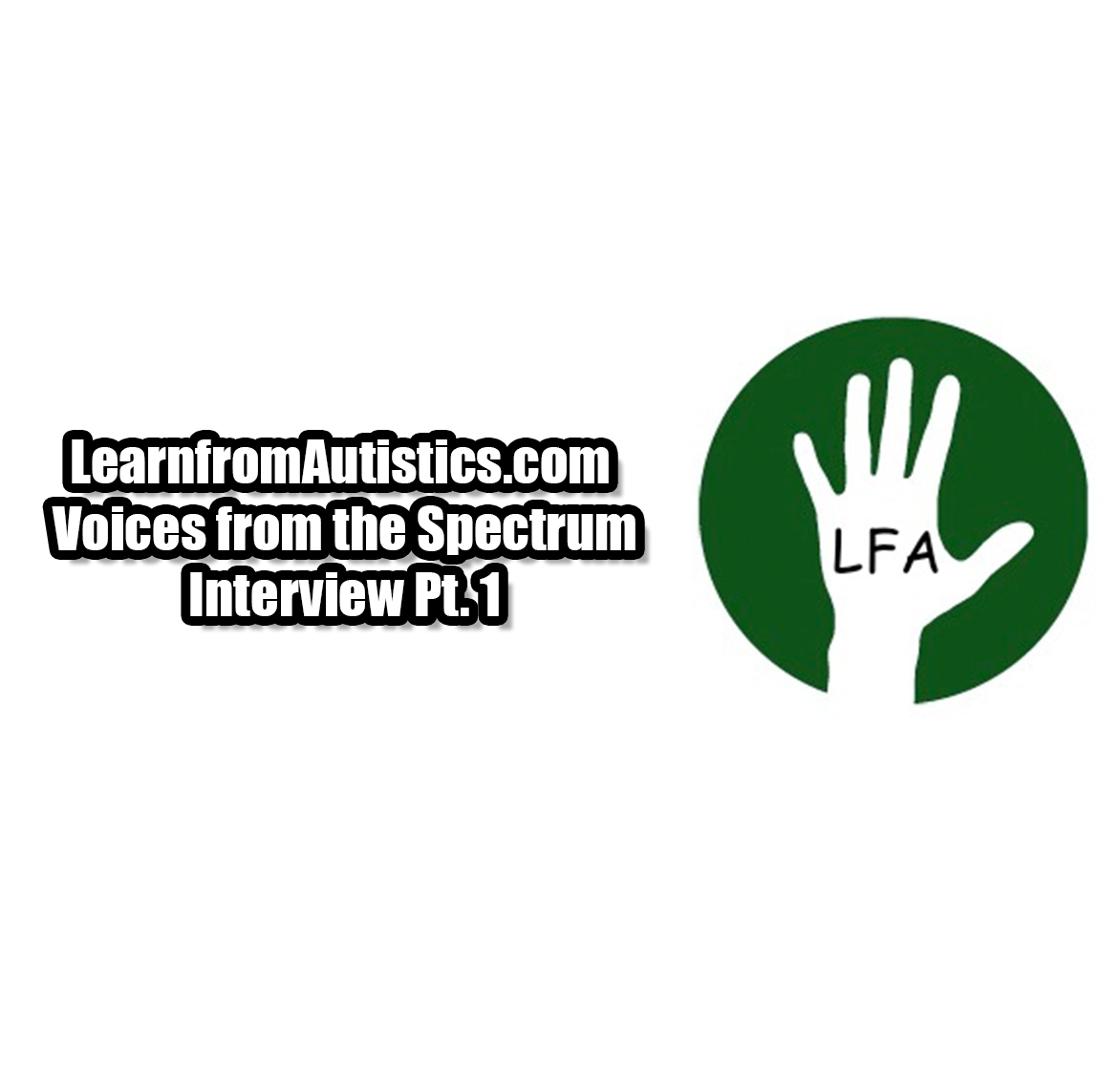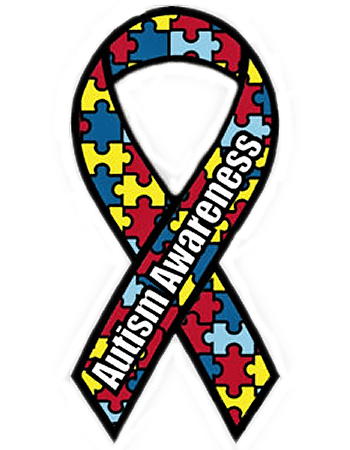We’ve all heard the old saying: do you see the glass half empty or half full?
As a chemist, I always preferred the analytical chemist’s answer:

The point being: Optimists see only the good and choose to ignore the bad. Pessimists see only the bad and ignore the good. And if you are an analytical chemist, you have to measure and record the data as it exists, without filter.
So what does ANY of this have to do with autism?
Autism Spectrum Disorder is a mixed bag which comes with both difficulties and enhanced capabilities. An optimist sees being on the autism spectrum as an evolution of humanity. A pessimist sees autism as a burden, or the source of their life’s problems.
But at Autism Achiever I argue that attitude is everything, and that we must examine the data as it is: celebrate our unique powers and openly acknowledge our difficulties. Because when we acknowledge our difficulties it gives us power: specifically, the power to do something about them! Many on the spectrum value complete honesty toward others, but are you honest with yourself? Be honest with yourself first… what do you struggle with? How could you better interact with other people?







